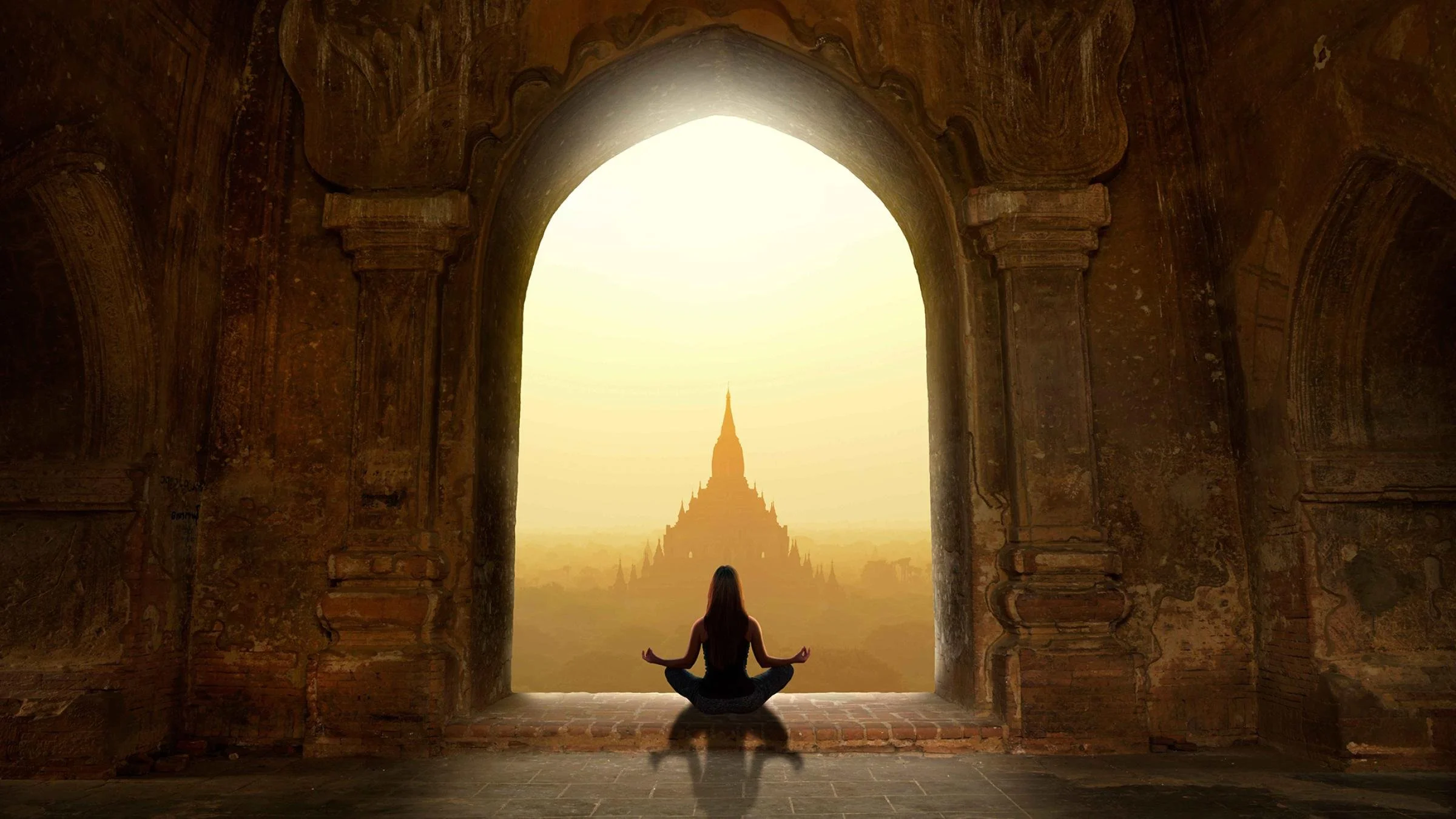Nondualism: A Timeless Philosophy of Oneness
Nondualism is one of humanity’s oldest and most profound ways of understanding reality. Rooted in ancient wisdom traditions yet echoed in modern philosophy and science, it speaks to a truth beyond division: that all things are, at their essence, one.
While the languages, stories, and practices vary across cultures, the heartbeat of nondualism is the same—there is no ultimate separation between self and other, subject and object, spirit and matter. What we take to be opposites are, in reality, expressions of a unified whole.
A Brief History
Eastern Origins
The earliest written expressions of nondual thought appear in the Upanishads (circa 800–500 BCE), the philosophical texts of ancient India. Here, the idea of Advaita (literally, “not-two”) emerged, teaching that the individual soul (Atman) and the ultimate reality (Brahman) are one. This view was later expanded by the sage Adi Shankaracharya (8th century CE), whose commentaries remain central to Advaita Vedanta philosophy.
In China, Taoism offered a parallel vision. The Tao Te Ching describes the Tao as the source of all things—an undivided reality from which all dualities (light/dark, male/female, life/death) arise and dissolve. Rather than rejecting these opposites, Taoism embraces their interdependence, as symbolized by the yin-yang.
In Mahayana Buddhism, particularly in schools like Zen and Dzogchen, nondualism arises as the insight that form and emptiness, samsara and nirvana, are inseparable. Liberation comes not from escaping the world but from realizing its inherent unity.
Western Currents
Nondual themes are not confined to the East. In ancient Greece, Parmenides spoke of reality as a single, unchanging being. Later, Neoplatonism (3rd century CE) taught that all existence flows from a single source, “the One,” and that the apparent multiplicity of the world is an emanation of this unity.
Christian mystics such as Meister Eckhart (13th–14th century) and Julian of Norwich described an intimate union with God in which the distinction between the divine and the soul dissolves. Similar threads appear in Sufi mysticism, particularly in the poetry of Rumi and Ibn Arabi, who spoke of all creation as a reflection of the Beloved.
The Philosophy of Nondualism
At its core, nondualism challenges our default way of perceiving reality. We tend to divide the world into categories—me vs. you, mind vs. body, good vs. bad—believing these distinctions to be absolute. Nondual insight reveals them as conceptual overlays, practical for everyday life but not ultimately real.
Key principles include:
Oneness of Being – All phenomena share the same essence. The apparent boundaries are temporary and relative.
Interdependence – Nothing exists in isolation; all forms arise in relation to all others.
The Illusion of Separation – What we call “self” is a construct. When we look deeply, the lines between self and world blur and dissolve.
Direct Experience – Nondual realization isn’t just an idea; it’s a shift in perception, often arising through meditation, contemplation, or sudden insight.
Why It Matters Today
In an age of increasing polarization, ecological crisis, and personal disconnection, nondualism offers a radical reframe. If the self and the world are not-two, then caring for others is caring for oneself. If the Earth is not separate from us, then its health is inseparable from our own well-being.
Modern neuroscience and physics even hint at parallels to these ancient insights. Quantum theory challenges the rigid subject–object divide, and brain studies show that the sense of “I” is more fluid and constructed than we once believed.
Living the Nondual Perspective
Nondualism isn’t about withdrawing from life—it’s about engaging with it more intimately. In practice, this might mean:
Meditative Awareness – Observing thoughts and sensations without clinging or aversion.
Compassionate Action – Recognizing yourself in others and responding with empathy.
Integration – Honoring the dance of opposites without needing to collapse them into one “side” or the other.
Ultimately, nondualism invites us to see that what we seek—peace, wholeness, love—is already here, inseparable from who and what we are. The journey is less about becoming and more about remembering.
-
Wanting to dive deeper into these ancient philosophies? Check out our annual
100hr Philosophy & Practice Immersion at reUnify Yoga

